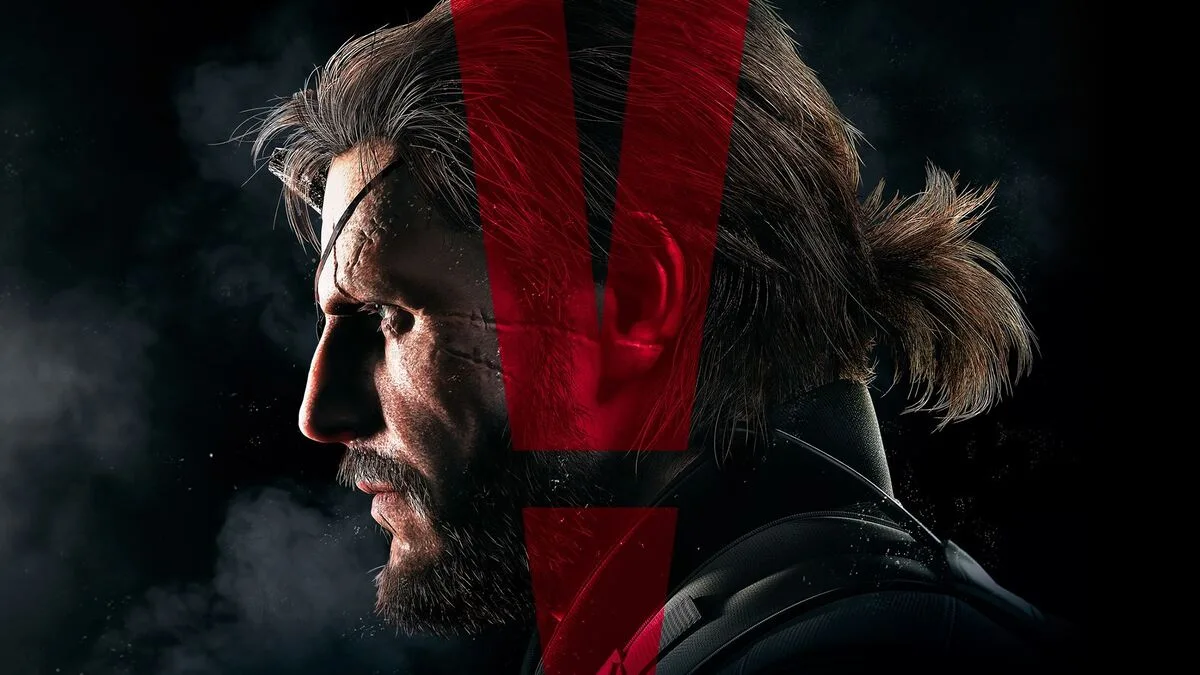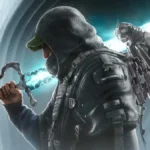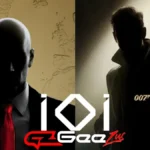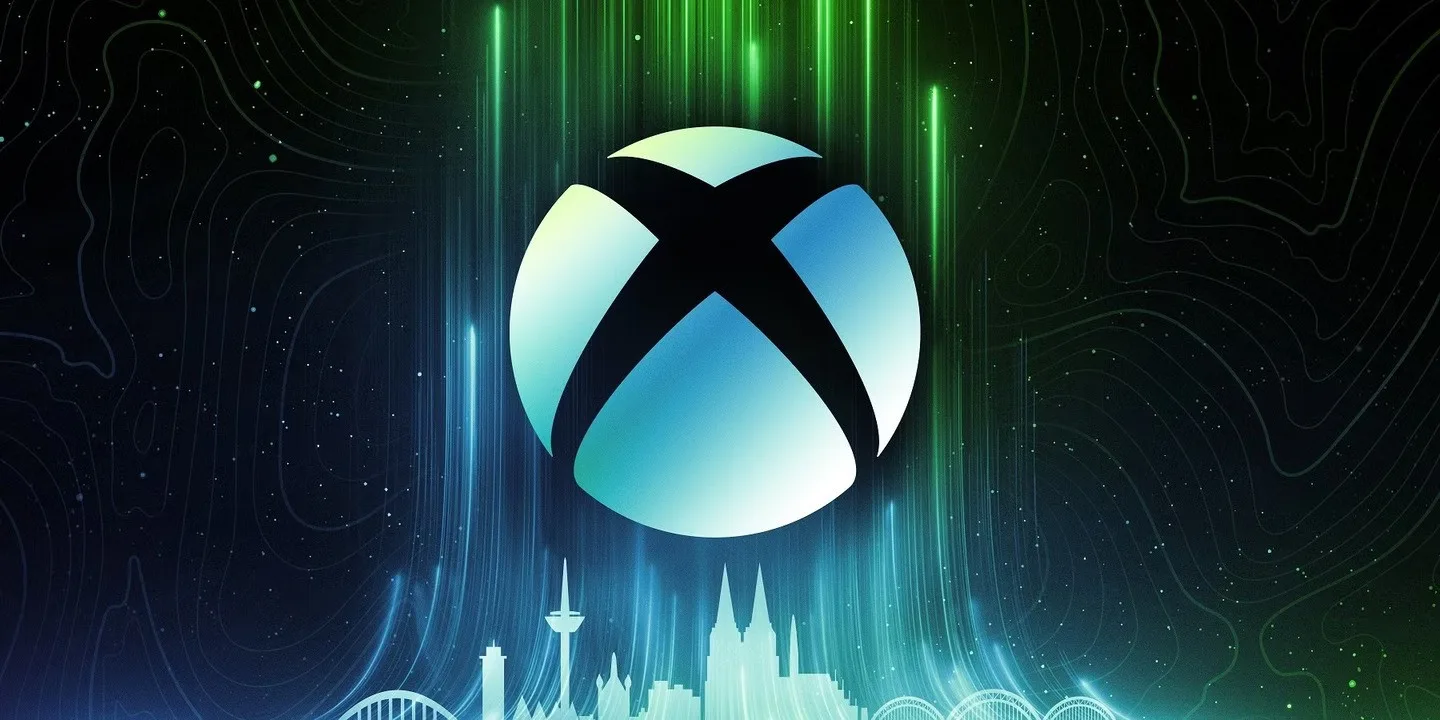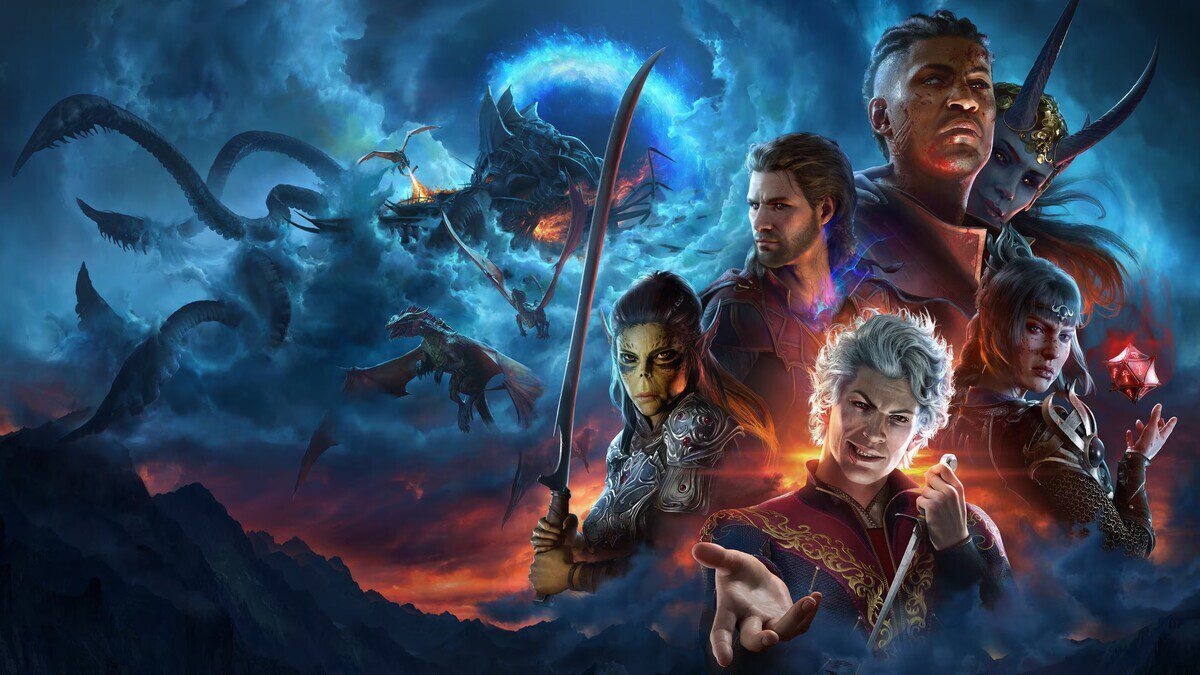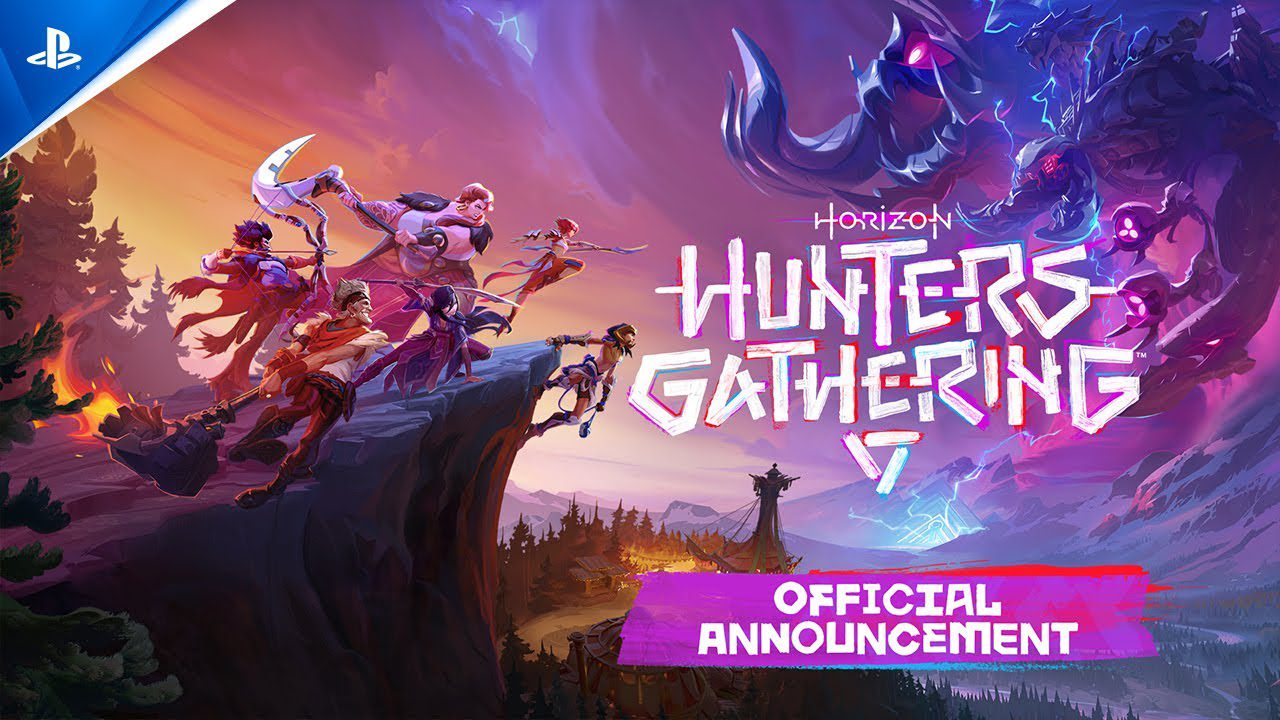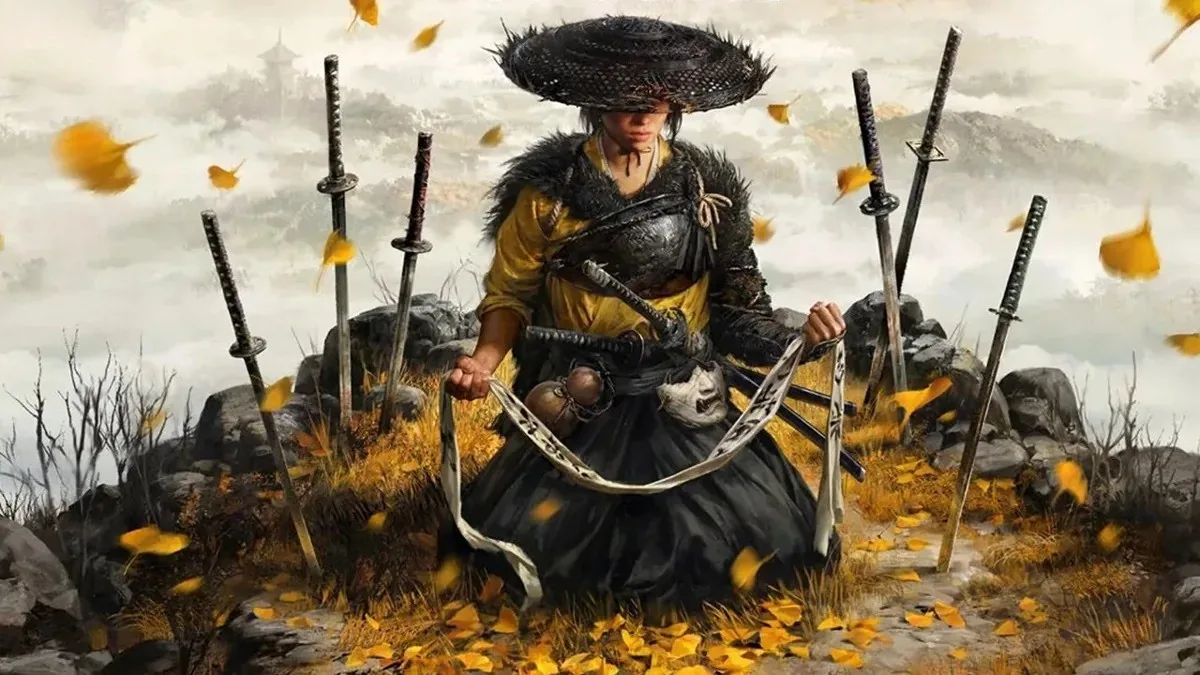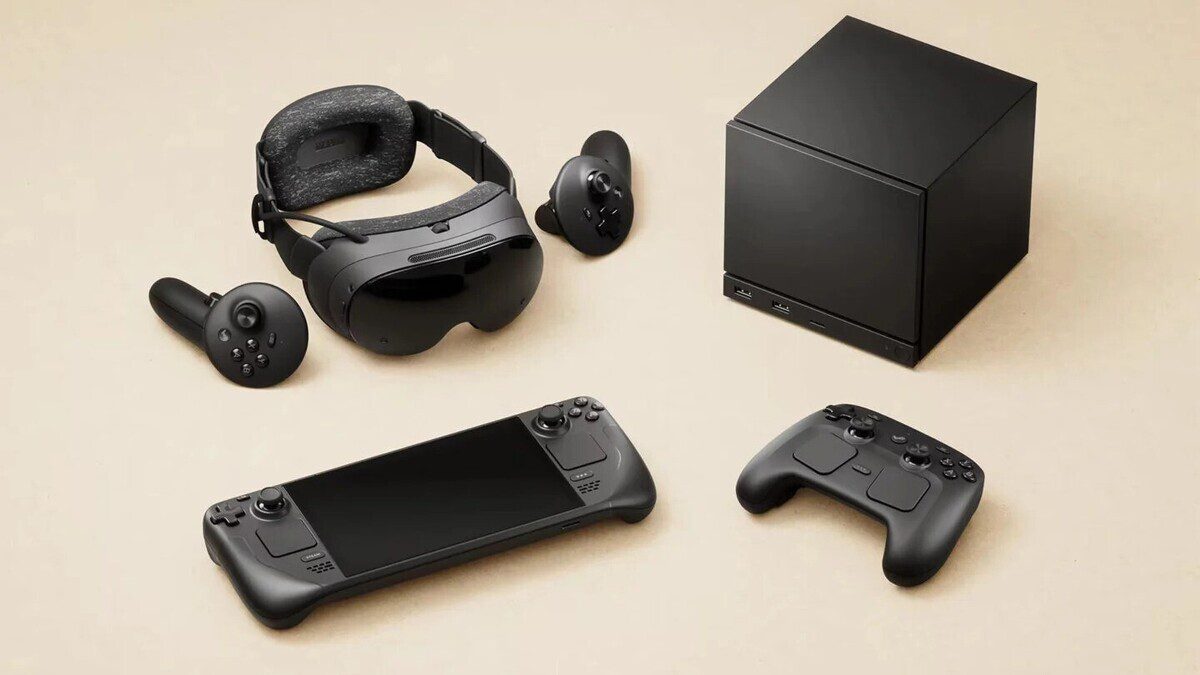September 1, 2015. Metal Gear Solid V: The Phantom Pain launched into a world already bracing for its contradictions. It was the final chapter in Hideo Kojima’s legendary Metal Gear saga, yet it arrived fractured—brilliant in design, but narratively incomplete. Ten years later, it remains a paradox: a stealth sandbox that redefined open-world immersion, and a farewell letter written mid-sentence.
MGSV was more than just a game. It was a battlefield of creative vision versus corporate control. Kojima, long hailed as gaming’s auteur, had spent five years crafting this epic with a budget rumored to exceed $80 million. But behind the scenes, Konami was shifting—pivoting toward mobile profits and pachinko machines, away from the cinematic console experiences Kojima championed.
The fallout was brutal. Kojima’s name was scrubbed from promotional materials. Silent Hills, his horror collaboration with Guillermo del Toro, was abruptly canceled. And by December 2015, Kojima had officially left Konami, severing a 30-year relationship that had birthed one of gaming’s most iconic franchises.
A Game That Still Thinks
Despite its unfinished story arc—most notably the missing true ending that explain a bit more of Liquid Snake hate on Big Boss as he retorted Solid Snake in 1998’s Metal Gear Solid—MGSV remains a masterclass in emergent gameplay. Its systems were designed to react to player behavior: guards wore helmets if you favored headshots, bases changed patrols based on your infiltration style. It was stealth reimagined as improvisational theater.
The game’s influence ripples through titles like Breath of the Wild, Ghost of Tsushima, and Death Stranding, Kojima’s post-Konami opus. Even now, MGSV feels like a crystal ball for open-world design.
The Collector’s Escape: A Personal Memory
For me, MGSV wasn’t just a release—it was a mission. Back when GameStop still operated in Puerto Rico, I remember the day the Collector’s Edition pre-orders went live. I was at work, stuck in a meeting that felt longer than a Codec call with Colonel Campbell. While I considered faking an impromptu personal leave, I sacrificed a Paid Time-Off from my vacation allowance after lunch, sprinted to my car, and drove like I was being chased by a Skulls unit.
I made it to GameStop in time. The clerk, a fellow fan, gave me a nod that said, “You made it.” That box—complete with the replica bionic arm—felt like a trophy earned through stealth and subterfuge.
Launch day was bit different. That time I did called in “sick,” right after clocking in to let my manager aware that I could be leaving nor earlier than the 1st half of my shift, though the only thing contagious was my hype. I spent the day building Mother Base, extracting soldiers, and listening to cassette tapes like they were sacred texts (AND YES, most of the heavy part of the time play count of my first walkthrough is heavy on listening to most of the tapes, even those that didn’t matter lore/story wise). It wasn’t just escapism—it was communion.

The Pain That Lingers
Ten years later, the pain is still phantom. Kojima never got to finish his story. Konami owns the Metal Gear IP, but the soul of the series left with its creator. The recent remake of Snake Eater is a reminder that the franchise lives on, but it’s haunted by the absence of its visionary.
Kojima, now independent, continues to push boundaries. His upcoming projects—like the horror title OD with Jordan Peele—promise new worlds, but the shadow of Metal Gear is always nearby.
Final Transmission
MGSV’s tenth anniversary isn’t just a milestone—it’s a moment to reflect on what we lost and what we gained. It’s a reminder that creativity often comes at a cost, and that sometimes, the most meaningful missions are the ones we undertake ourselves.
For me, it was the escape to GameStop. For Kojima, it was the escape from Konami. And for all of us who played, it was the escape into a world where pain had purpose—even if the story was never fully told.
This is Pequod. Arriving shortly at LZ.
I am closing this editorial saying that I am not surprised that on the Kojima Productions (post-Konami), Hideo Kojima confirmed a special presentation called “Beyond The Strand” to showcase what it is already cooking and for the studios’ next decade vision and I am happy that Kojima is still motivated despite some self-grounding of his mortality.

